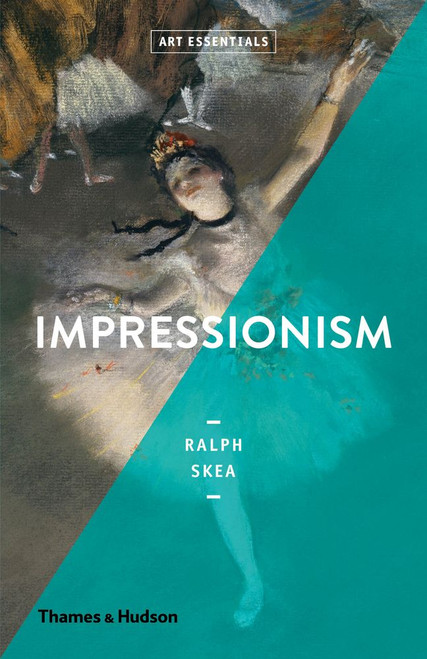During the 1860s, Claude Monet, Camille Pissarro, Pierre-Auguste Renoir, and Alfred Sisley joined forces to revolutionize art with light- flooded landscapes that dispensed with the conventional imagery of the time. In 1874, with their penchant for working out of doors in order to capture fleeting sensory impressions directly on the canvas, they came to be known as the "Impressionists." Berthe Morisot, Paul Cezanne, and Gustave Caillebotte became affiliated with the new tendency as well. More than a decade later, artists such as Paul Signac and Henri-Edmond Cross developed their pioneering ideas further, and in 1901, during his first year in Paris, the young Pablo Picasso too drew inspiration from the Impressionist style. No comparable collection provides such a comprehensive overview of Impressionist landscape painting and its development as the one assembled in recent decades by Hasso Plattner, founder of the Museum Barberini. On its basis, Ortrud Westheider, the director of the Museum Barberini, presents the history of French Impressionism. With its focus on the transitory moment, the artistry of the Impressionists continues to exert a powerful fascination. Guided by the interplay between light and atmosphere, they created exquisite and timeless images whose innovative spirit and vitality continue to delight viewers today.







